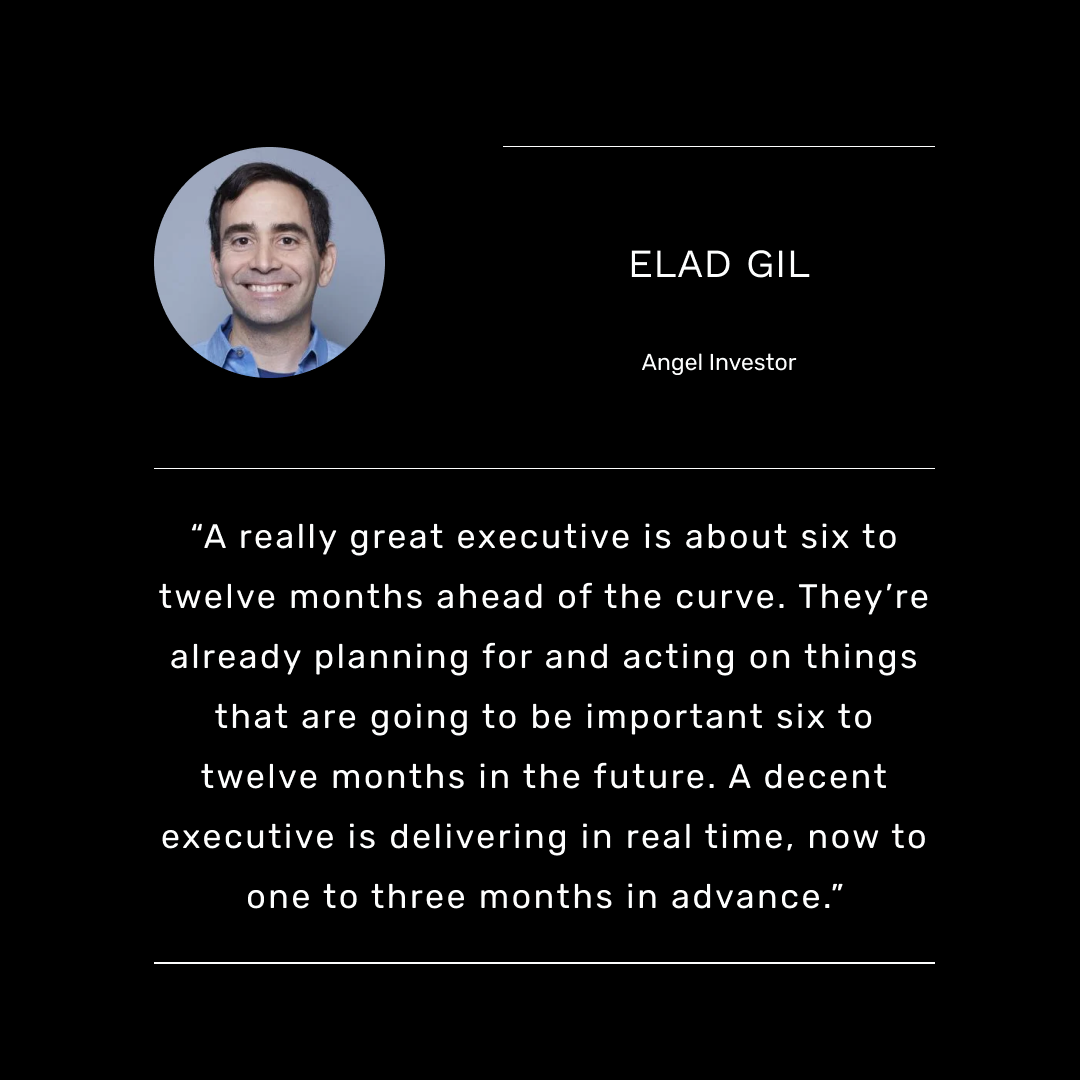
Venture capital investing is high risk, and most startups fail. Venture capital investments follow a power law, and the returns from their winners are supposed to outweigh the collective losses of their losers.
VC investors have a job to do then: knowing that the majority of the businesses they talk to will fail, they have to screen out those most likely to fail. This process is called due diligence, and it is a crucial step for VCs to mitigate risks and increase the likelihood of successful investments.
In this post, we’ll discuss three reasons why good VCs spend valuable time on due diligence.

VCs spend time on due diligence to mitigate investment risks and preserve their capital.
It is crucial for VCs to ensure that the startup has a viable business plan and a competent management team. Due diligence enables them to conduct a thorough evaluation of the startup’s financials, operations, and market potential. By identifying potential risks and challenges, VCs can make informed decisions about whether to invest in a company or not.
It also allows them to explain their investment decisions to their limited partners, which can be important if those LPs ever start to question the judgement of the GP.
Due diligence doesn’t guarantee success, but it helps the fund get a deeper understanding of a business before investing.
Due diligence is a critical process in identifying and assessing potential risks before making any investment decisions. This process involves thoroughly examining all aspects of a business, including its financial performance, management team, market trends, and competition.
To ensure that all potential red flags and deal breakers are identified, investors must undertake a comprehensive due diligence process. Red flags refer to any issues that require further investigation and questioning, such as high employee turnover, low margins, shaky unit economics, questionable total addressable market (TAM), and lack of product features. On the other hand, deal breakers are non-negotiables and any of these issues could lead to an immediate halt in the investment process. Examples of deal breakers include serious character flaws, criminal history, poor reference checks, and an ugly cap table or financing history.
By undertaking a thorough due diligence process, investors can reduce the risk of making poor investment decisions and increase the chances of achieving a successful outcome. While the process may be time-consuming, it is well worth the effort in the long run. It is essential to have a clear understanding of all aspects of the business and the market before making any investments.
Investing in startups can be a complex process that raises a multitude of questions. Due diligence is a systematic approach to answering as many of those questions as possible before making an investment.
As an investor, particularly at the pre-seed and seed stages, it is unlikely that you will have all the answers. If you did, the investment opportunity would likely be highly sought after.
Ultimately, investing in a startup involves making a calculated bet on the company and its founding team. Due diligence assists in making informed decisions by providing a comprehensive understanding of the company’s operations, market, and risks involved. By conducting thorough due diligence, investors can gain a deeper insight into the company’s potential for growth, profitability, and long-term success. Additionally, due diligence can also identify potential issues or challenges that may arise, enabling investors to mitigate risks and maximize returns. Therefore, it is essential to devote sufficient time and resources to due diligence to make the most informed investment decisions.
Read more: VC Checklist Guide: 74 Items Investors Will Expect in a Data Room
As we said at the beginning of this article, venture investing follows a power law, and you only have to be right once to return the fund.
VCs need to invest in companies that have the potential to generate high returns. Due diligence helps VCs identify companies with strong growth potential, a competitive advantage, and a competent management team. By investing in companies with these qualities, VCs can increase the likelihood of successful investments and maximize their returns.
If you want to succeed in VC, you have to get good at diligence.
Good venture capitalists (VCs) spend time researching a company before investing to reduce risks, identify problems, make informed investment decisions, and increase the chances of success. By carefully evaluating a company’s finances, operations, and market potential, VCs can avoid investing in companies that are unlikely to succeed and maximize their returns.